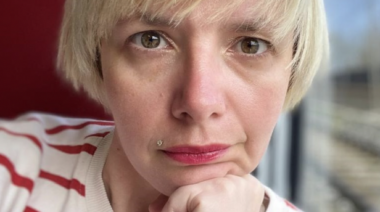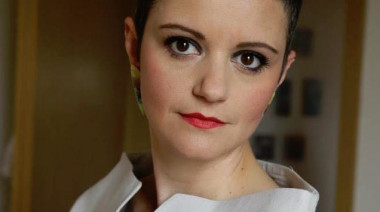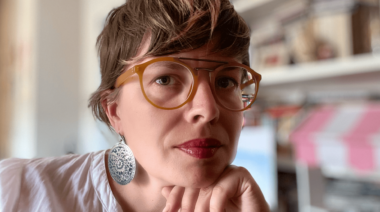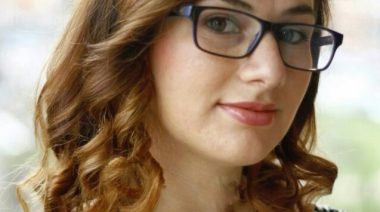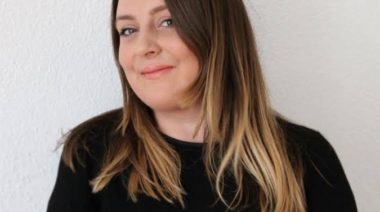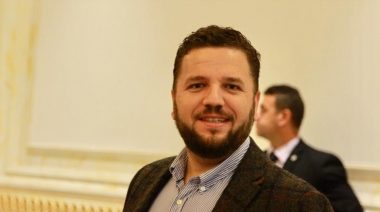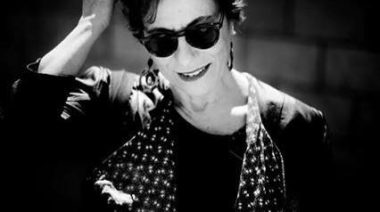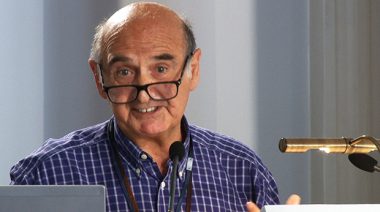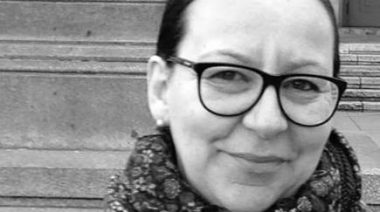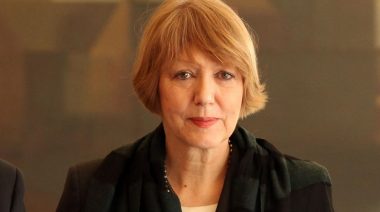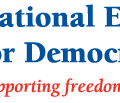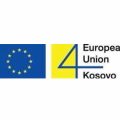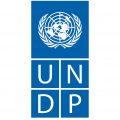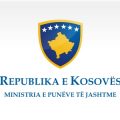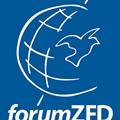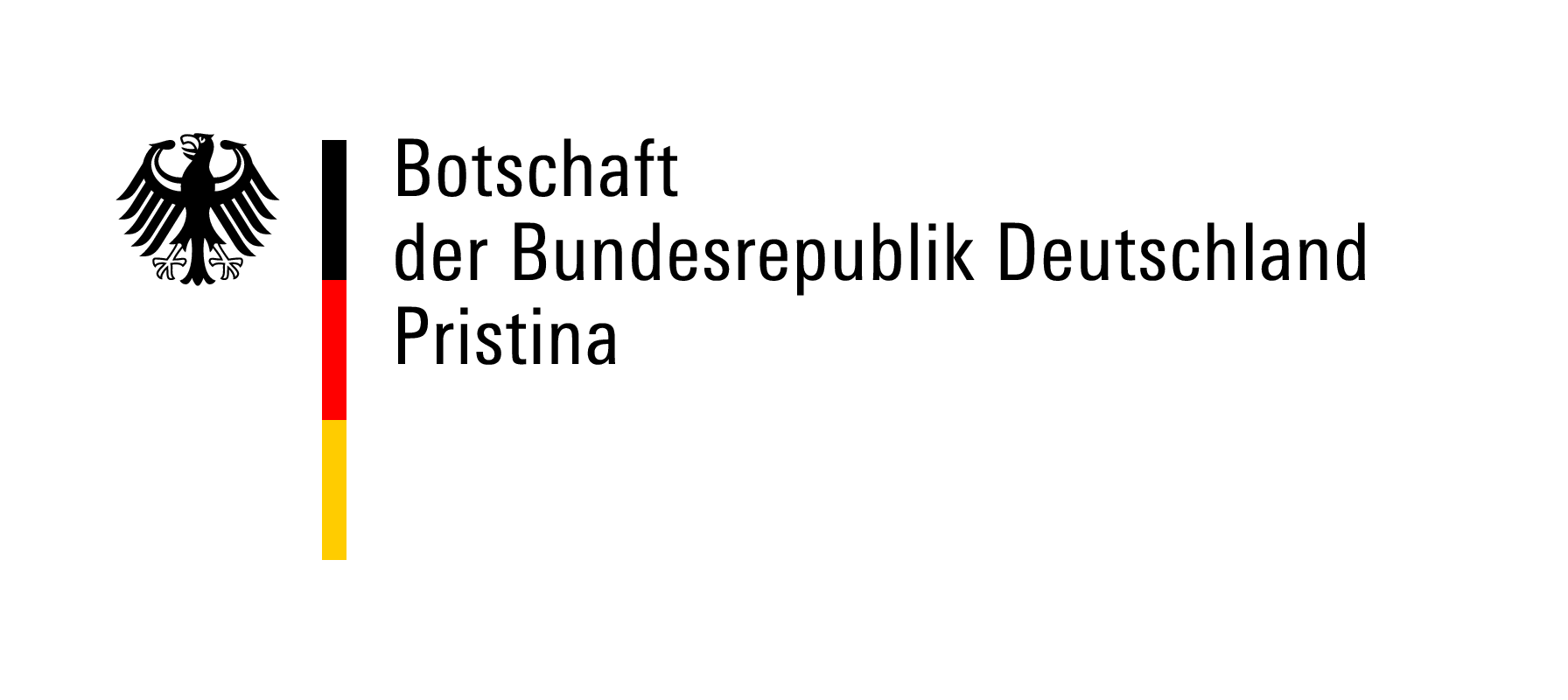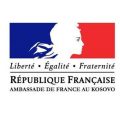History
The Kosovo Oral History Initiative is a collective of researchers from different generations, nationalities, and competency levels. Our mission is to record life stories that intersect with the broader history of Kosovo and the world’s events.
The Initiative was conceived in the summer of 2012 from a collaboration between the Kosova Women’s Network (Pristina) and The New School for Public Engagement (New York City). Women researchers and activists from Pristina and New York came together that summer and discussed how they could rescue the voices and experiences of people—leaders and common folk—that Kosovo’s changeable official histories have condemned to amnesia. They wanted to go beyond the narratives of victimization and the straitjacket of group thinking by recovering the individual’s entire life history.
Using the seed funds from The New School and other private donors and with the support of Kosova Women’s Network, a group of volunteers began to film interviews. Their first project focused on the life stories of Albanian women, whose roles during times of war and peace have often been sidelined, if not entirely forgotten. The interviews were filmed and transcribed in Albanian, English, and Serbian, have been collected and archived on this website to be accessed by all.
In 2015, the Oral History Initiative became a fully independent organization and began to develop projects with broader research themes.
Images, Voices and Written Words
We are aware that the interviewers, by their very presence, have an influence on the interviewee. Filming the interviews further complicates the dynamic between the interviewee and the researcher because it increases the number of researchers that are present. There may be no way of neutralizing the distortions caused by this complex context. We have tried to minimize this problem by selecting interviewers who speak the same dialect as the interviewee and ask few, broad questions, that give priority to what the interviewee wants to say, rather than what she thinks the researcher wants to hear. Additional questions are asked to clarify or expand on what the interviewee discussed.
The transcripts from the interviews are written texts that reflect the speech patterns of the speaker, with the paragraphs and the punctuation that the transcriber decides in order to make sense of the narration. Translations move farther away from the orality of the source. They need to be understood as another layer of representation. The translations allow the interview to be accessed by a wider audience.
